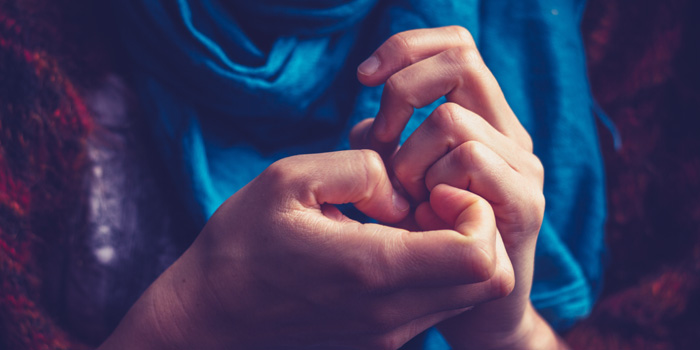Excoriation disorder, also known as skin picking disorder, is a mental health condition (Dermatillomania) where a person compulsively picks, scratches, or digs at his or her skin, causing wounds, scars, and infections. This behavior can affect any part of the body, but it often targets the face, scalp, arms, and legs. Excoriation disorder can cause physical and emotional distress.
Dermatillomania
Dermatillomania (pronounced derm-ah-till-oh-main-ee-ah) gets its name from three Greek words: Derma: skin, Tillo: pulling (or picking), Mania: excessive behavior or activity.
Excoriation disorder is more common in women than men, and it usually starts in adolescence or early adulthood. However, it can also affect older adults, especially those who have other mental or physical health problems, such as anxiety, depression, dementia, or chronic pain. Older adults may also face additional challenges, such as reduced mobility, sensory impairment, isolation, or lack of support, that can worsen the condition.
The exact causes of excoriation disorder are not fully understood, but they may involve genetic, biological, psychological, and environmental factors. Some people may pick their skin as a way of coping with stress, boredom, or negative emotions. Others may have a distorted perception of their skin or an obsessive-compulsive tendency to remove perceived flaws or imperfections. Some may also experience a sense of relief, pleasure, or satisfaction from picking their skin.
Excoriation Disorder
Excoriation disorder can be treated with a combination of medication and psychotherapy. Medication can help reduce the urge to pick, as well as address any underlying conditions, such as anxiety or depression. Some of the commonly used medications include selective serotonin reuptake inhibitors (SSRIs), tricyclic antidepressants, and opioid antagonists.
Psychotherapy can help identify and modify the triggers, thoughts, and emotions that lead to skin picking, as well as teach coping skills and strategies to resist the urge and manage the consequences. Some of the commonly used psychotherapies include cognitive-behavioral therapy (CBT), habit reversal training (HRT), and acceptance and commitment therapy (ACT).
Older adults with excoriation disorder may also benefit from some self-help tips, such as:
- Keeping the nails short and smooth, and wearing gloves or bandages to prevent picking.
- Moisturizing the skin and applying topical agents, such as antibiotic ointment or hydrocortisone cream, to promote healing and prevent infection.
- Distracting oneself with other activities, such as reading, knitting, gardening, or playing games, when feeling the urge to pick.
- Seeking social support from family, friends, or online communities, and sharing one’s feelings and experiences.
- Practicing relaxation techniques, such as deep breathing, meditation, or yoga, to reduce stress and anxiety.
- Seeking professional help if the condition interferes with one’s daily functioning or quality of life.
Excoriation disorder is a serious but treatable condition that can affect older adults. It can cause physical and emotional harm, as well as social and occupational difficulties. However, with proper medication, psychotherapy, and self-help, older adults can overcome their skin picking habit and improve their health and well-being.

